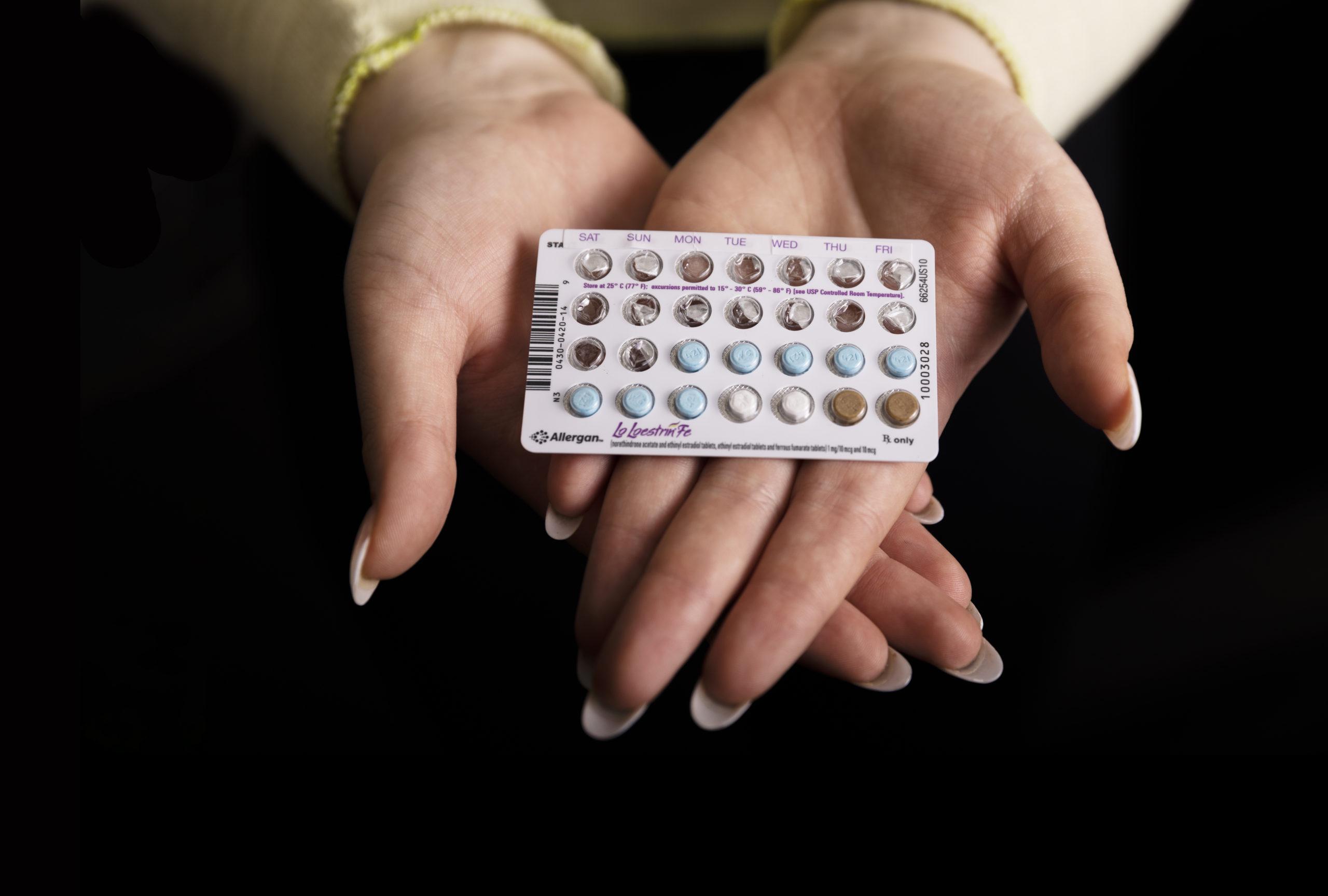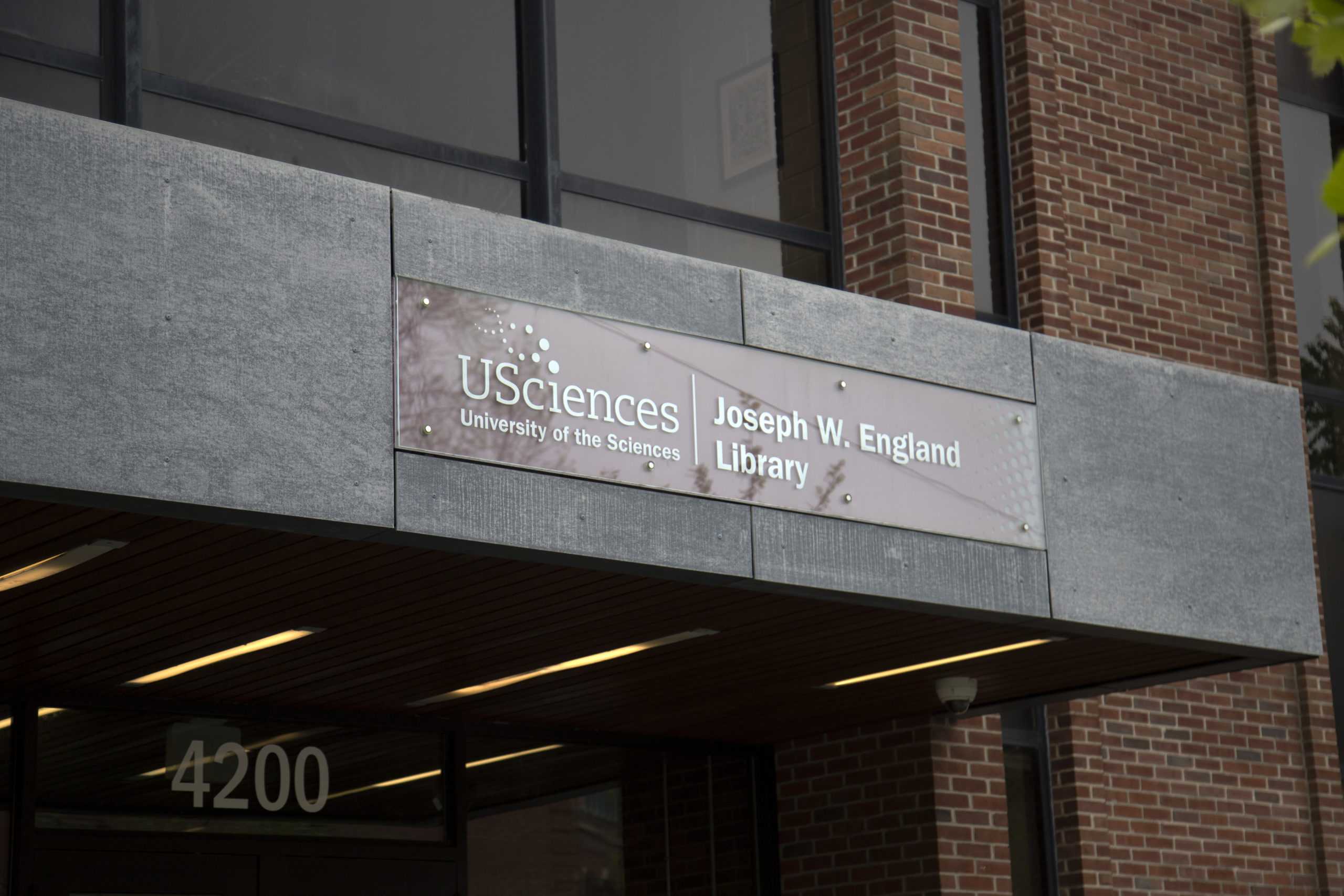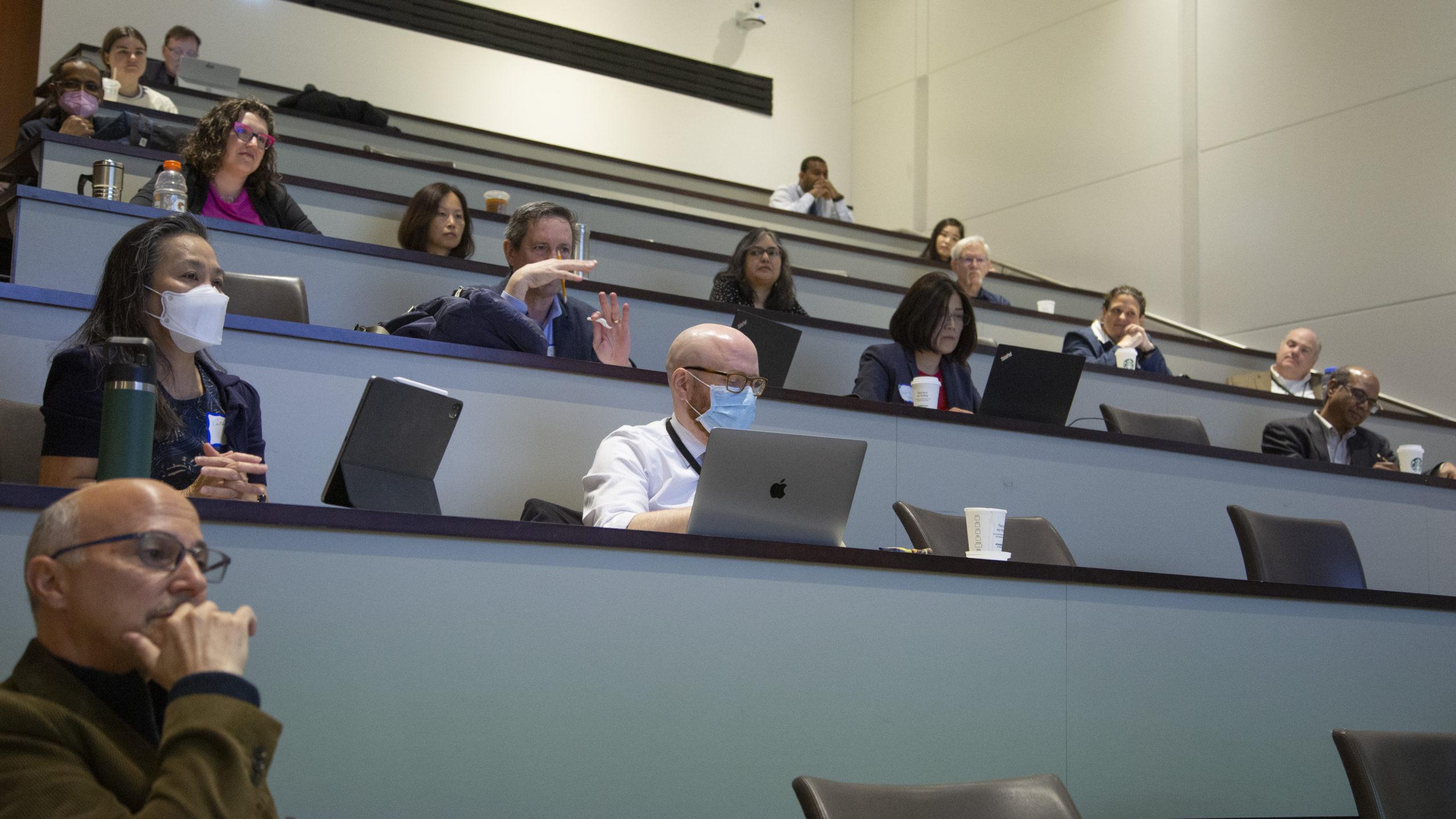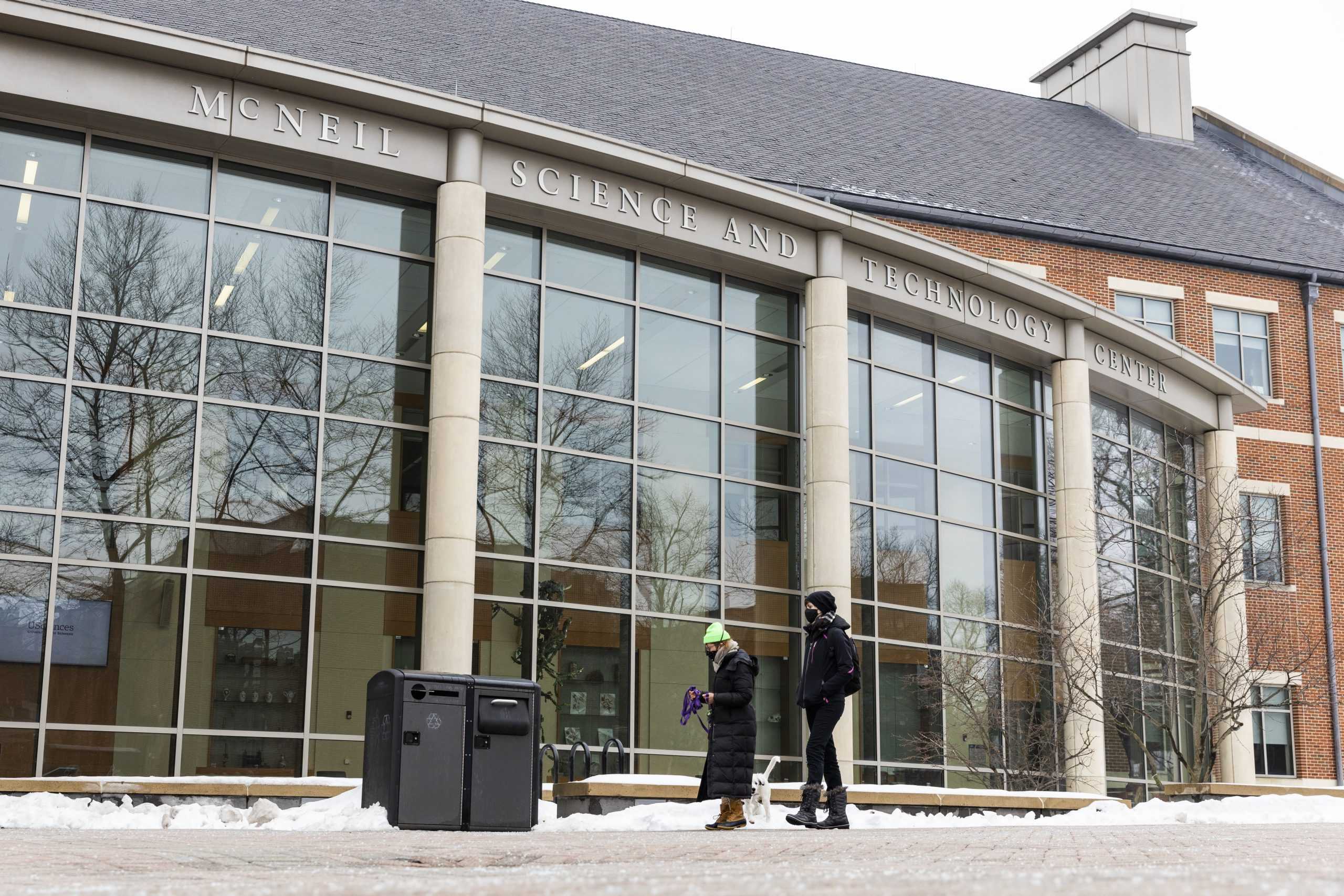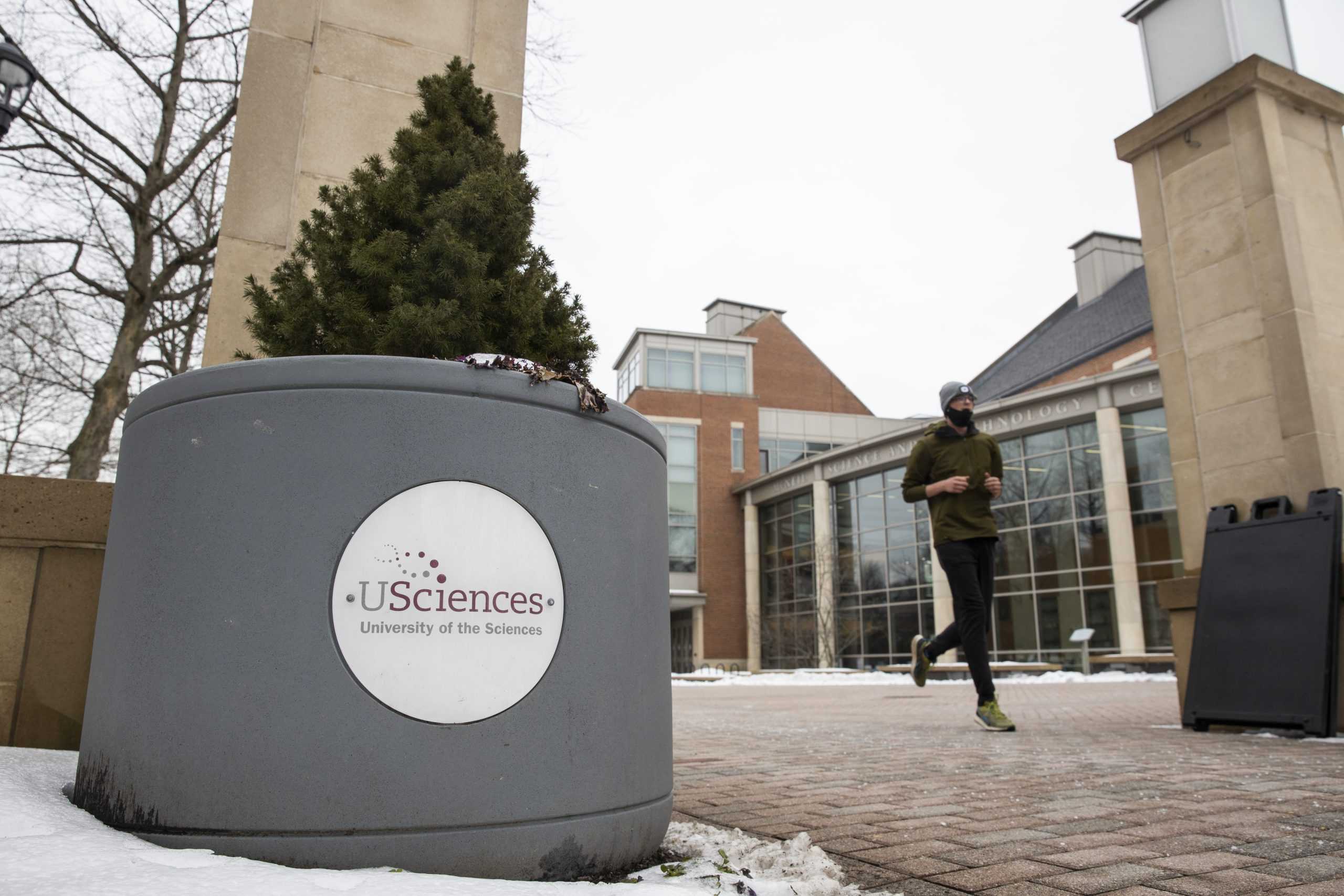A controversy about the availability of birth control when the University of the Sciences merges with St. Joe’s on June 1 has fueled anger among some USciences students.
While USciences students have been able to receive prescribed birth control through USciences’ Student Health and Counseling Services (SHAC), that will no longer be the case after the merger.
Students currently receiving birth control from SHAC were alerted of the change in an April 7 email from SHAC. The email cited “Catholic doctrine, which they abide by strictly” as the reason for the change.
“I’m reaching out to let you know that effective 6/1/2022 Student Health will no longer be permitted to prescribe or dispense birth control pills, any form of birth control, or condoms once we merge withSJU on 6/1,” read the email.
The email was sent to “a very small number of students,” according to Amy Lipton, Ph.D., professor of finance and president of St. Joe’s Faculty Senate, who brought up the issue in an April 25 Senate meeting.
The Hawk reached out to Barbara Siebert, DNP, director of SHAC as well as Edward Foote, PharmD, dean of the Philadelphia College of Pharmacy and professor of clinical pharmacy, and Ross Radish, JD, vice president of Student Affairs and dean of students. None of the individuals responded to requests for information.
Gabrielle Lacherza, associate director of Public Relations at St. Joe’s, said St. Joe’s would not disclose further information about the situation.
“The email was intended as private correspondence between a healthcare provider and their patient,” Lacherza wrote. “Therefore, we will not provide any additional detail.”
At St. Joe’s, students who request birth control are referred to an outside provider, gynecologist or local health center, according to Eileen Bevilacqua, RN, director of St. Joe’s Student Health Center.
“Saint Joseph’s Student Health Centers operate as a supplement to, and nota replacement for, a student’s relationship with their healthcare provider,” Bevilacqua wrote in response to written questions from The Hawk. “Family planning, birth control and prescriptions are personal and private conversations between the student and their provider.”
The SHAC email stated that SHAC would provide those USciences students currently receiving birth control with either a six-month or a year’s worth of birth control to “carry them over until they can obtain contraceptive and GYN care from either their private GYN provider or local Planned Parenthood.” The email recommends the local Planned Parenthood located at 1144 Locust St. in Philadelphia.
“They provide excellent care and full GYN services to everyone in a confidential manner,” read the SHAC email. “They will provide you with contraceptive and GYN care if you are unable to use your family health insurance for these services.” A student at USciences, who asked not to be named out of privacy concerns, said they grew up in a household where there was a negative stigma around birth control. The student, who said they began birth control specifically for acne, said the issue of losing birth control through SHAC poses an accessibility issue.
“If you don’t want your parents to know that you’re taking birth control, you can’t get it on the insurance because then they’ll figure it out.” the student said. “It’s going to be a hard conversation. And once again it’s a cost issue because birth control off insurance is expensive, especially when you’re first starting it because [there’s] one particular one you don’t like and then you have to get another one and you’re switching brands constantly.”
Planned Parenthood offers packs of birth control that last one month for $0-$50, according to the Planned Parenthood website. These packs can be free with insurance, or for those who qualify for government programs. To be prescribed, students must make an appointment. Birth control consults can cost up to $96 which includes one cycle of birth control at the Locust Street Planned Parenthood. However, the Affordable Care Act requires that insurance covers most doctor’s visits related to birth control.
The Locust Street Planned Parenthood is also the second-closest Planned Parenthood services to St. Joe’s current location, the first being the Upper Darby Health Center, which is operated by Planned Parenthood Southeastern Pennsylvania.
Dr. Sarah Gutman, a clinical fellow at the Perelman School of Medicine at the University of Pennsylvania, is an expert in complex family planning, reproductive justice and health equity. Gutman said it is important for college-age students to have access to reproductive health care like birth control, especially because birth control is not always simply for contraception.
“Some people use birth control for treating irregular periods, for painful periods, for mood changes,” Gutman said. “People use birth control for things like acne, [and] people use birth control for things like abnormal uterine bleeding. There’s lots of different reasons that people can be on birth control, and there’s lots of different types of birth control that may be specifically better for one indication or another.”
Some USciences students have been outspoken about the issue out of concerns regarding communication and transparency at the university. Hailey Fry ’23, a pharmacy student, gave a speech at an April 22 USciences town hall meeting about students’ concerns surrounding access to birth control.
“That email sent out was not sent out to the entire university,” Fry told The Hawk. “So right there, that’s already a red flag telling us that they were hiding it. They were hiding the fact that SHAC was losing this privilege because they knew what was wrong and they knew the students weren’t going to be happy about it.”
Although Fry said she is not personally affected by the issue, she said she felt the need to speak up for those who may not be able to speak out themselves, or for those who do not currently have a birth control prescription but may need one in the future.
“We need to stand up for the underclassmen who don’t quite have the courage yet to say ‘hey, this isn’t right,’” Fry said. “I didn’t come here because I wanted to follow Catholic doctrine. I came here because I wanted to be treated like a health care professional and learn health care and be provided these basic rights.”













































